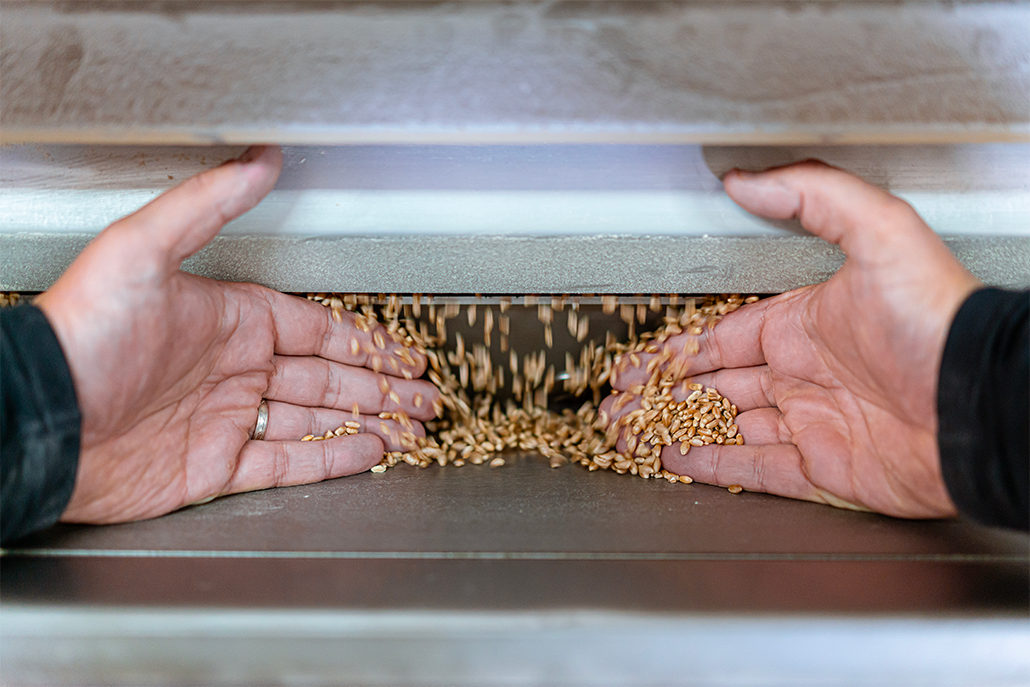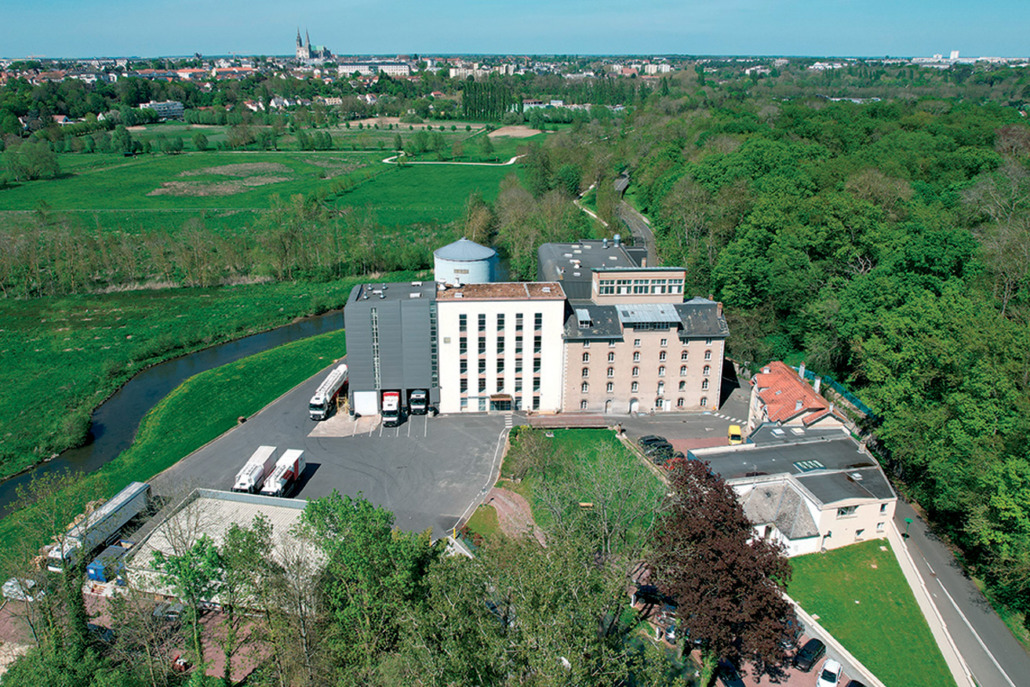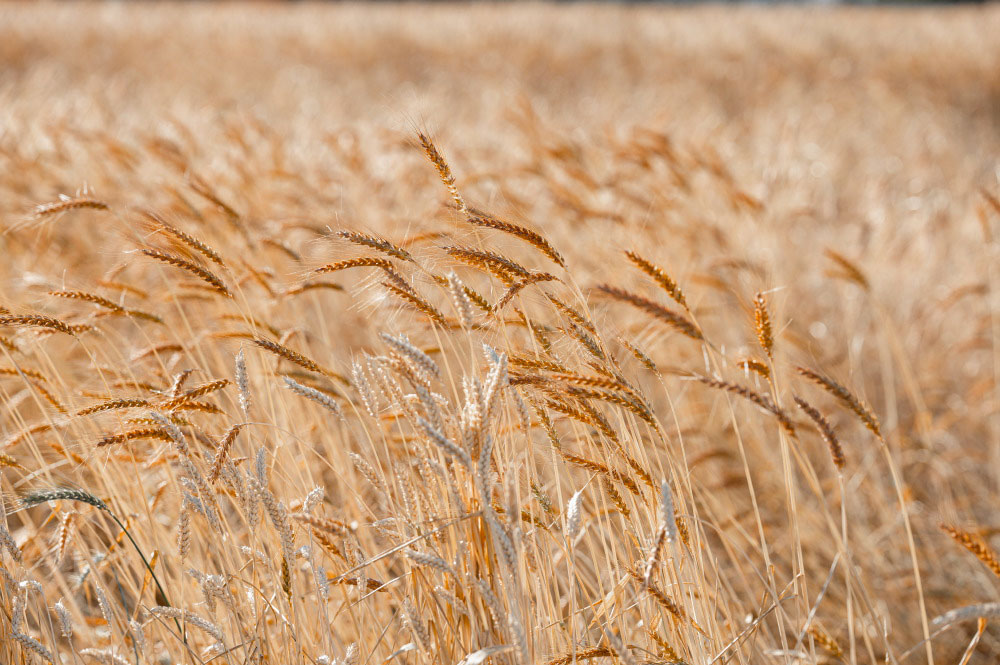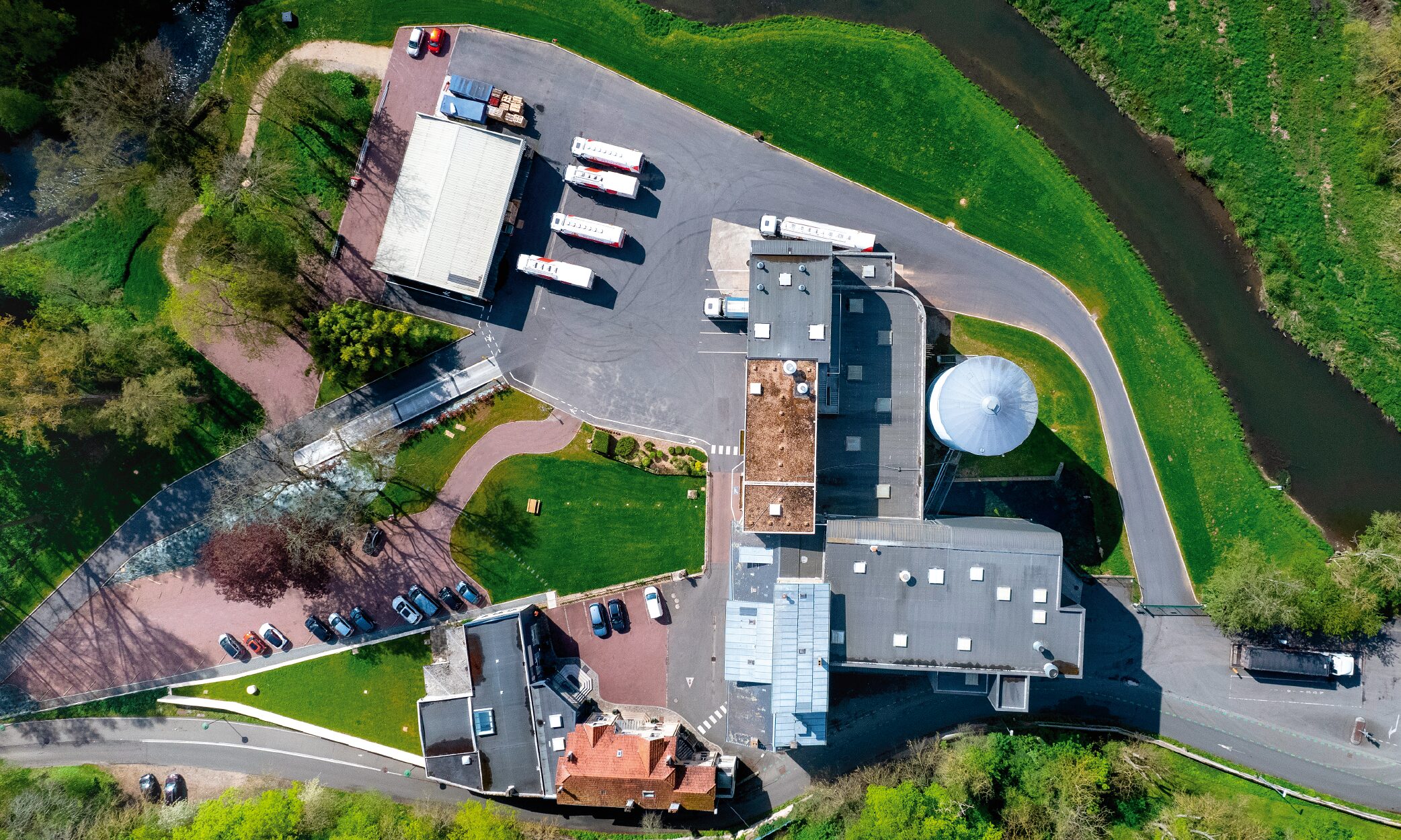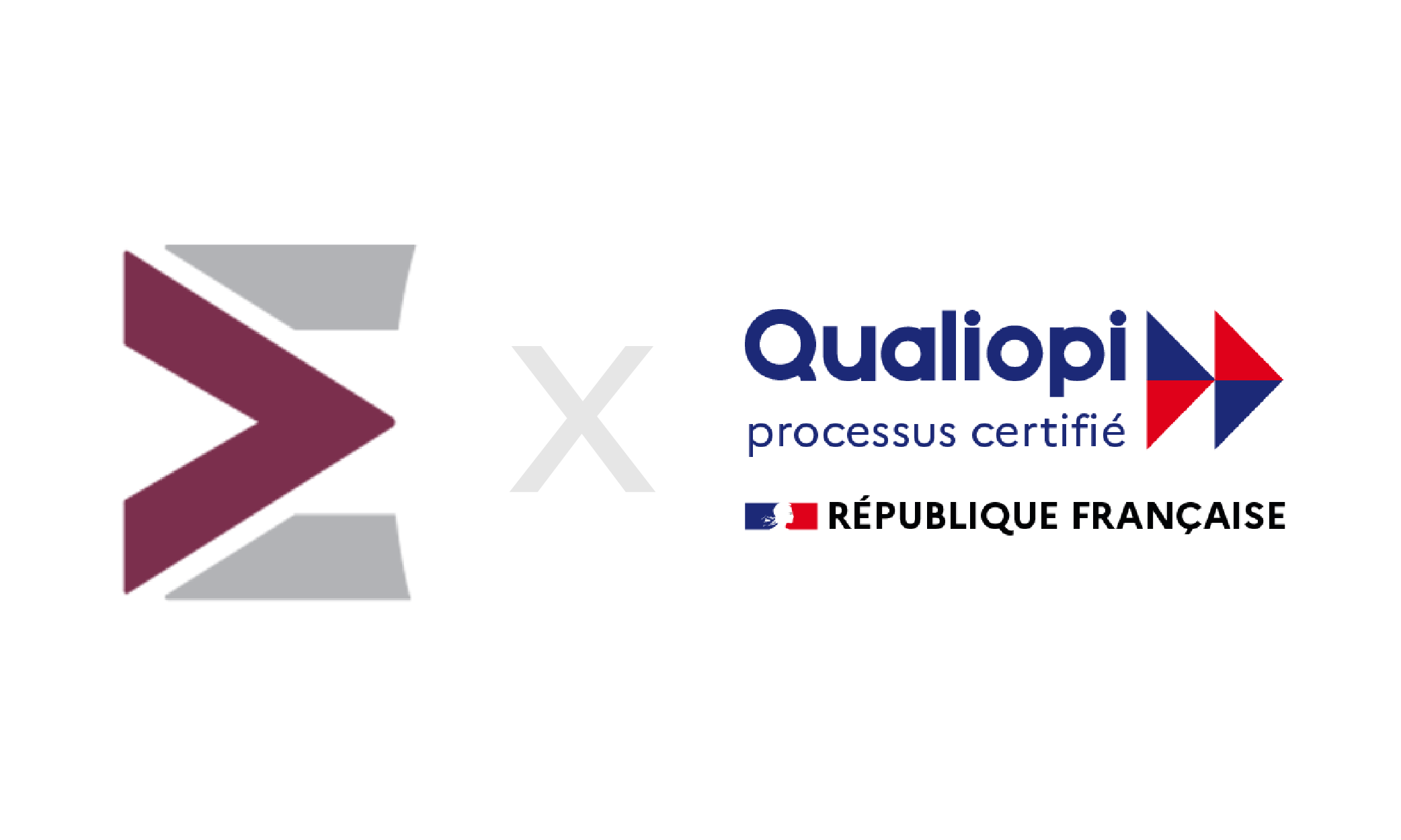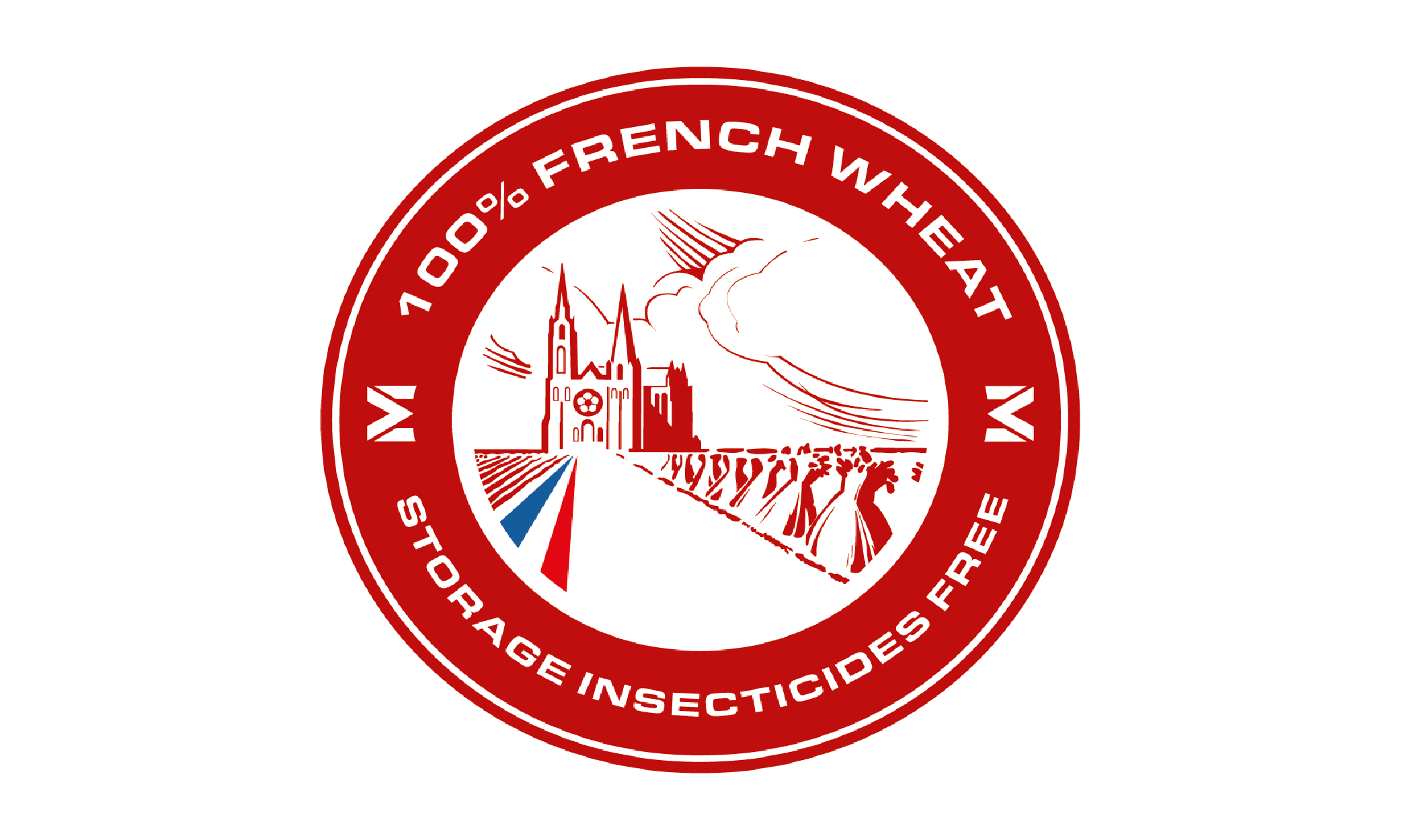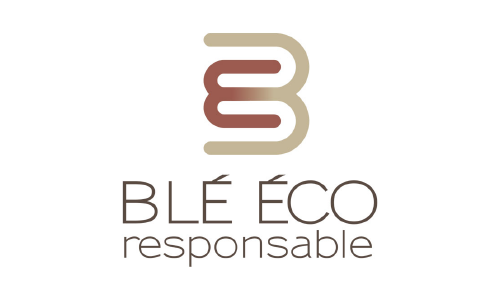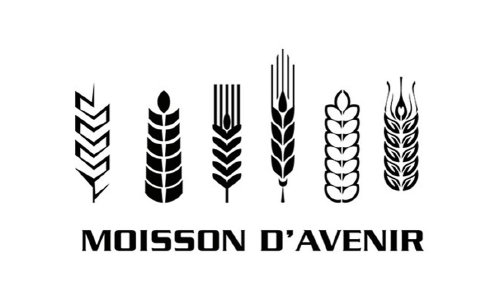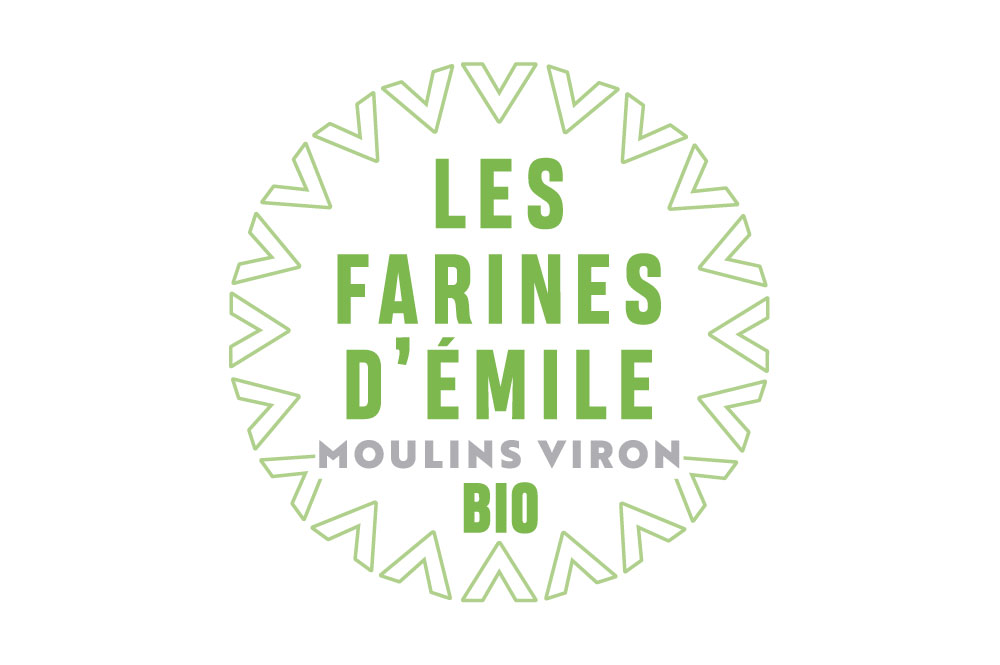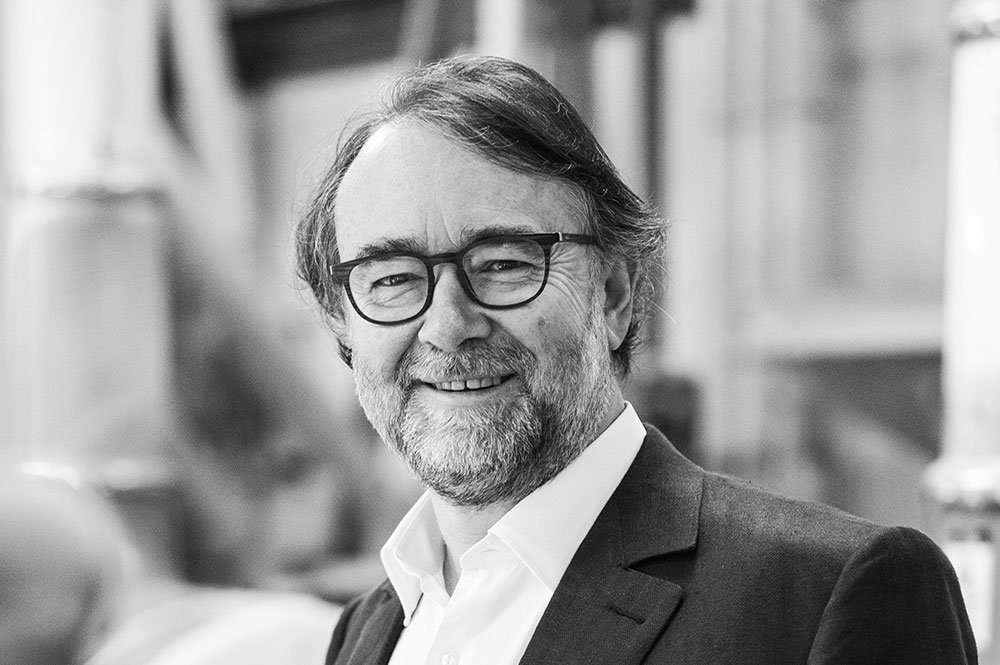In 2018, Moulins Viron once again committed to biodiversity by partnering with Moisson d’Avenir, which studies ancient and heritage grains and operates an experimental platform in Beauce. Over the years, a series of experiments and crops have allowed us to develop our first range of grand cru flours, which was launched in 2020.
The range includes: Rouge de Bordeaux, Épeautre, Khorasan, Engrain, Amidonnier, Blé des Vosges, Rouge du Roc, Rouge d’Épernay, Touselle Rouge de la Drôme, Seigle Cadi, Rouge de la Gruyère, and Oberkulmer.

